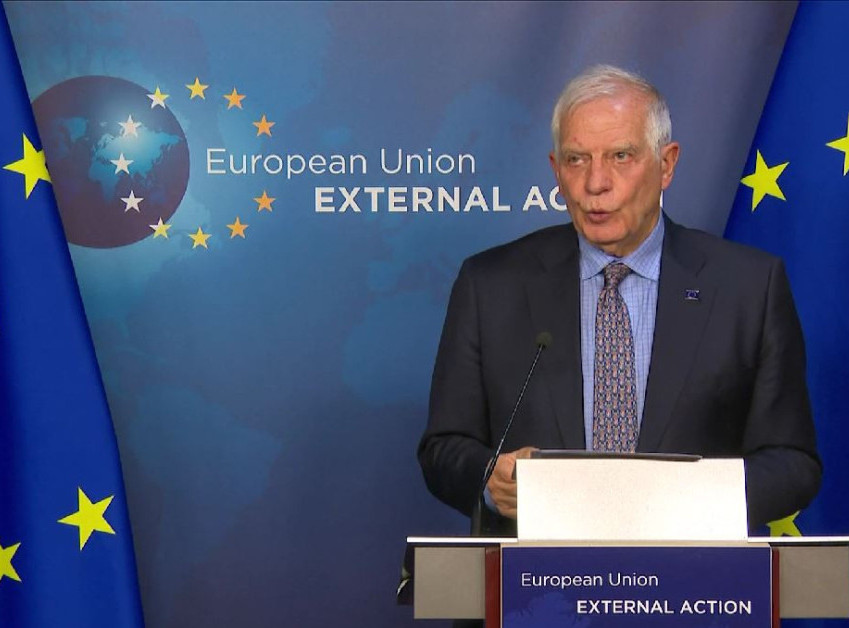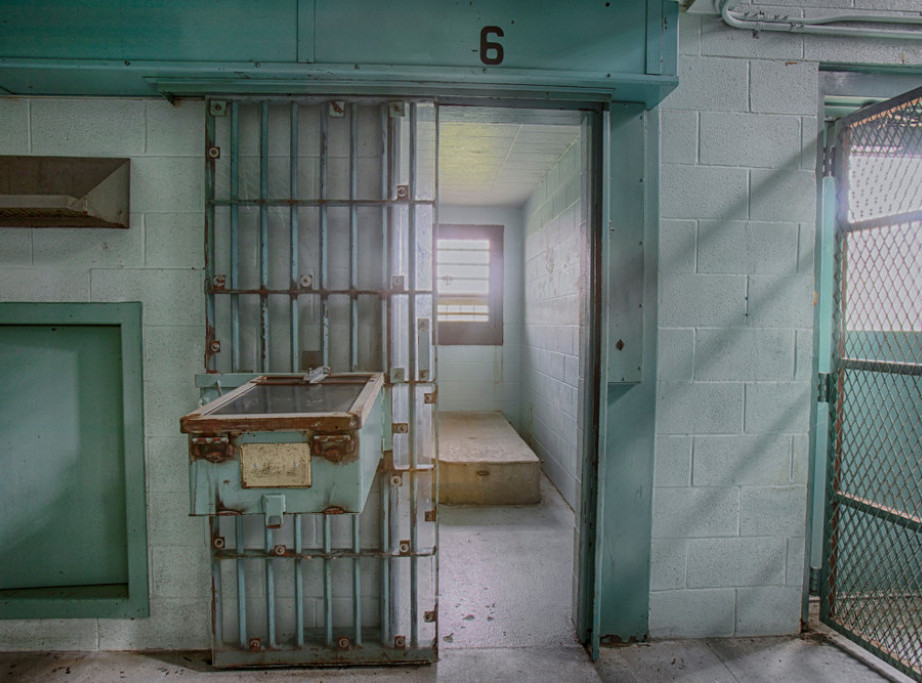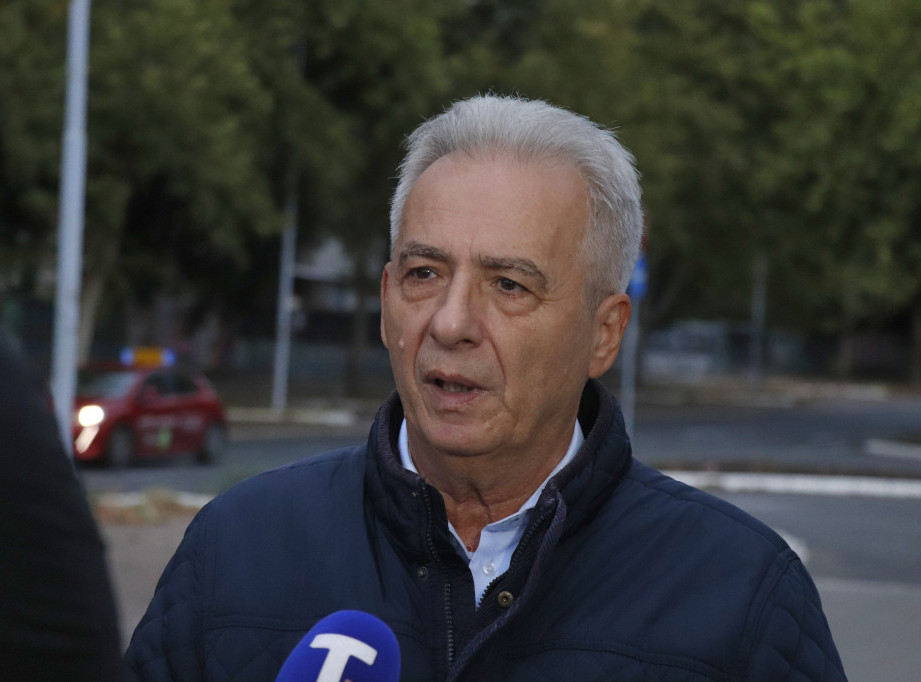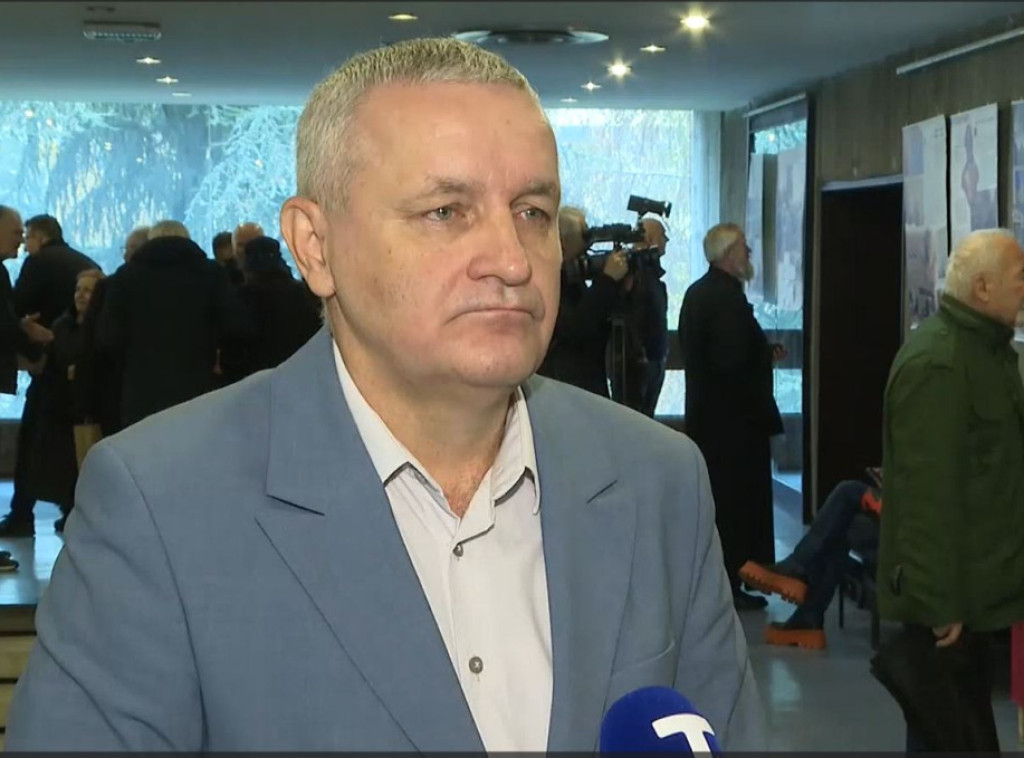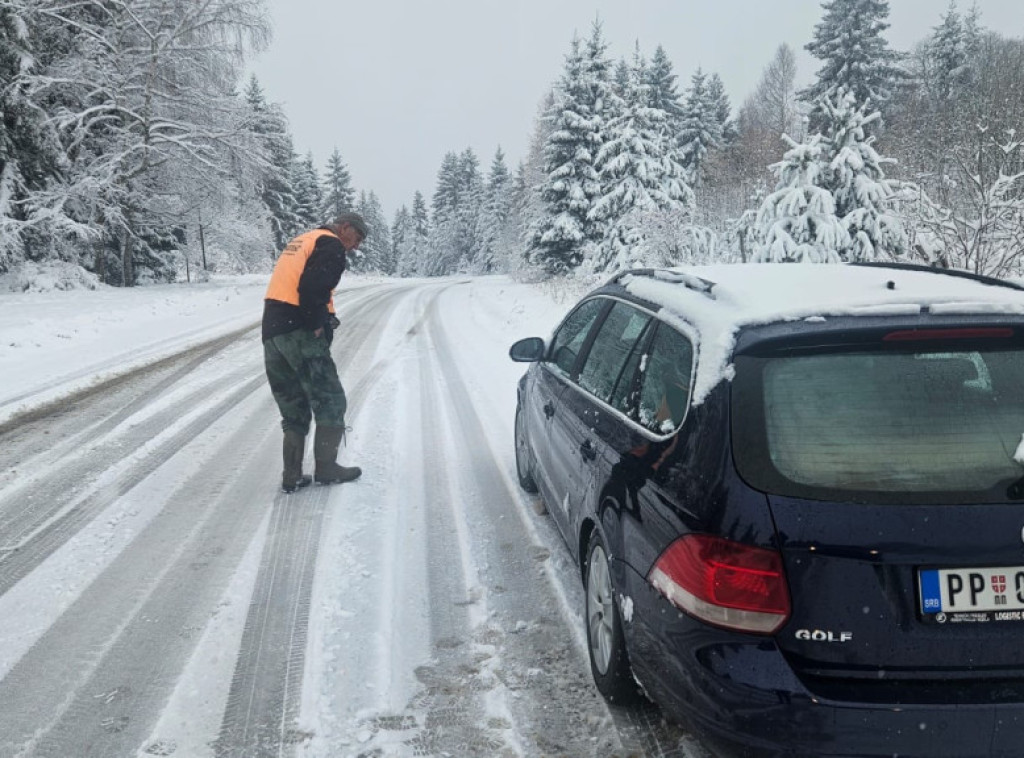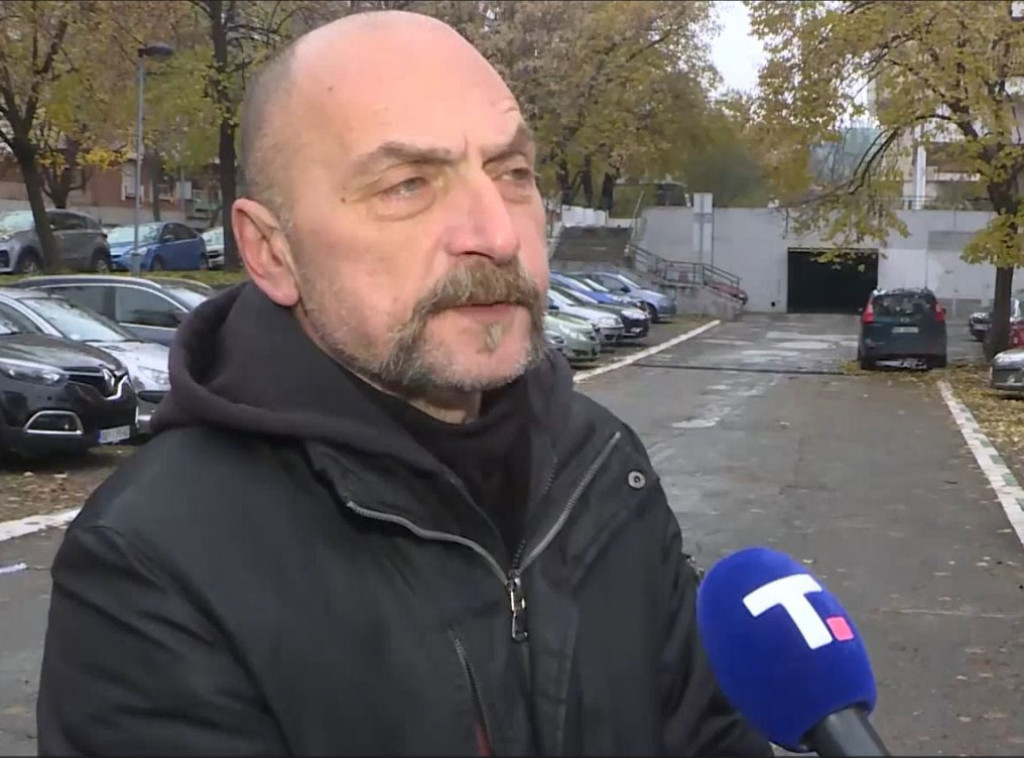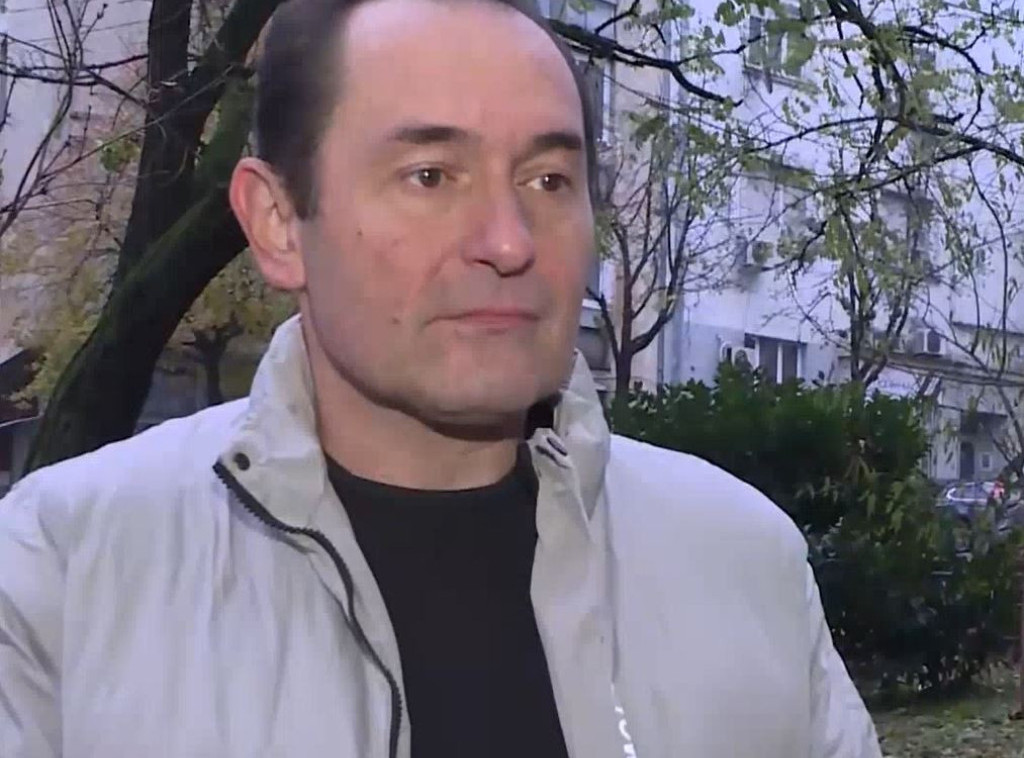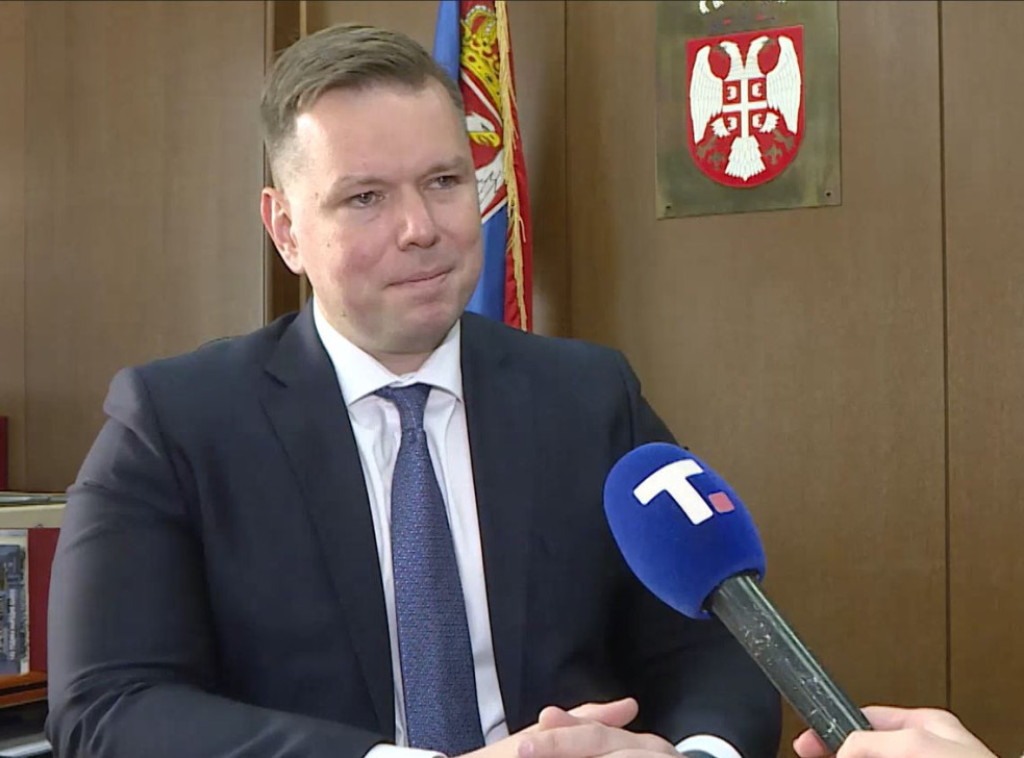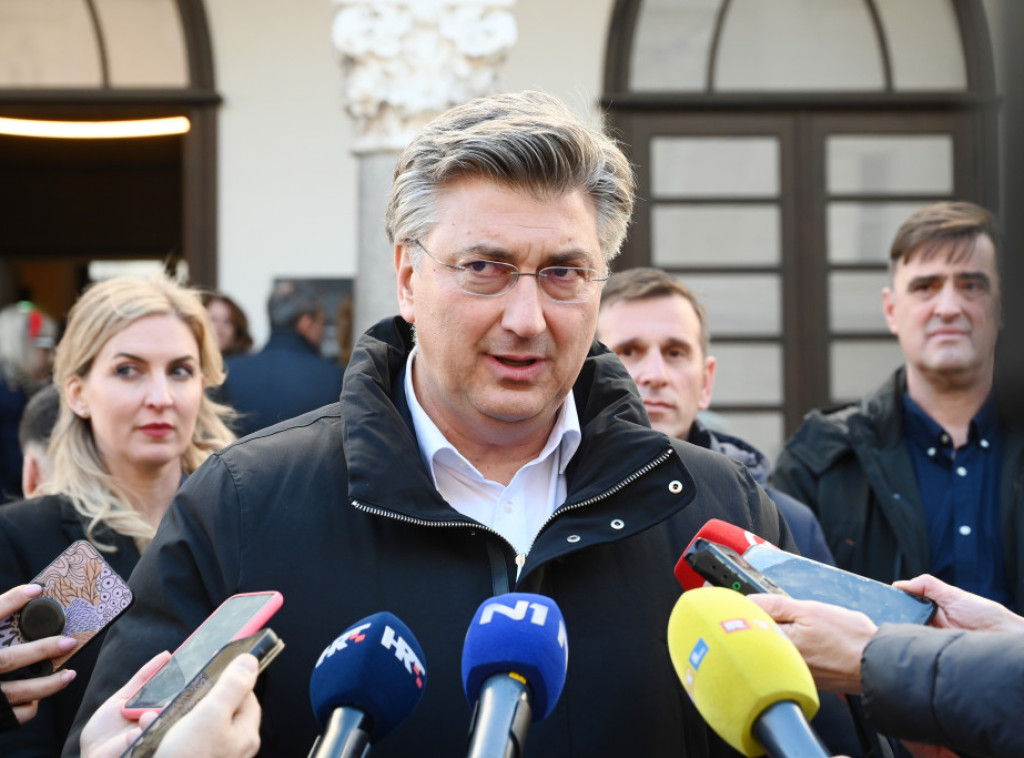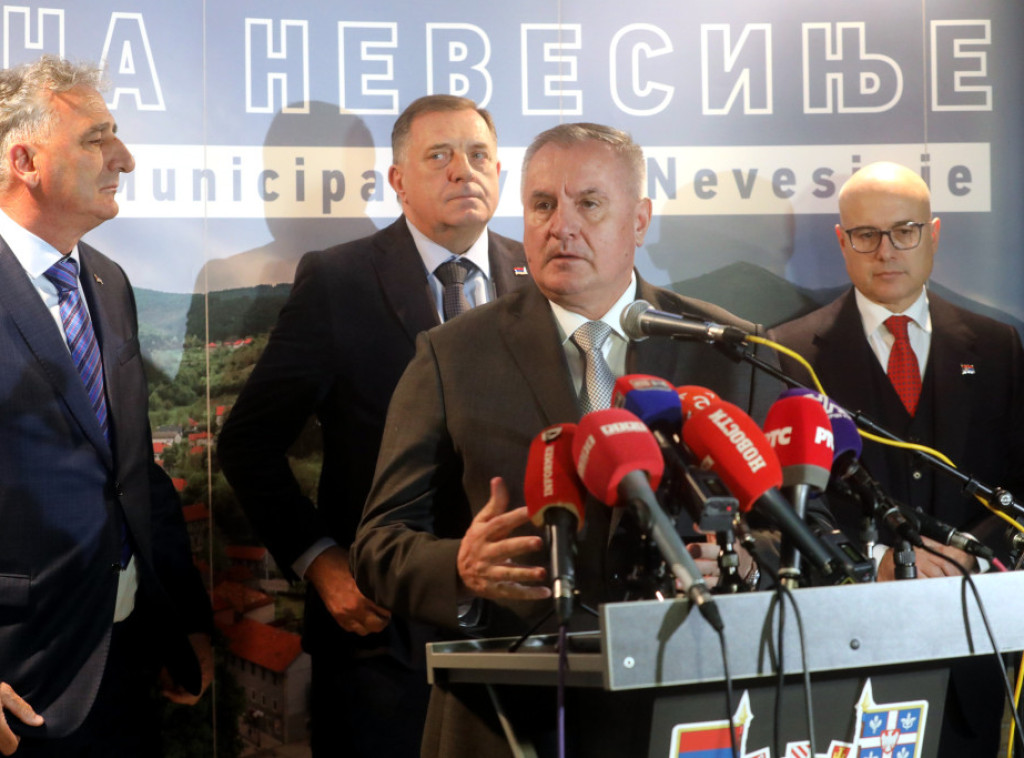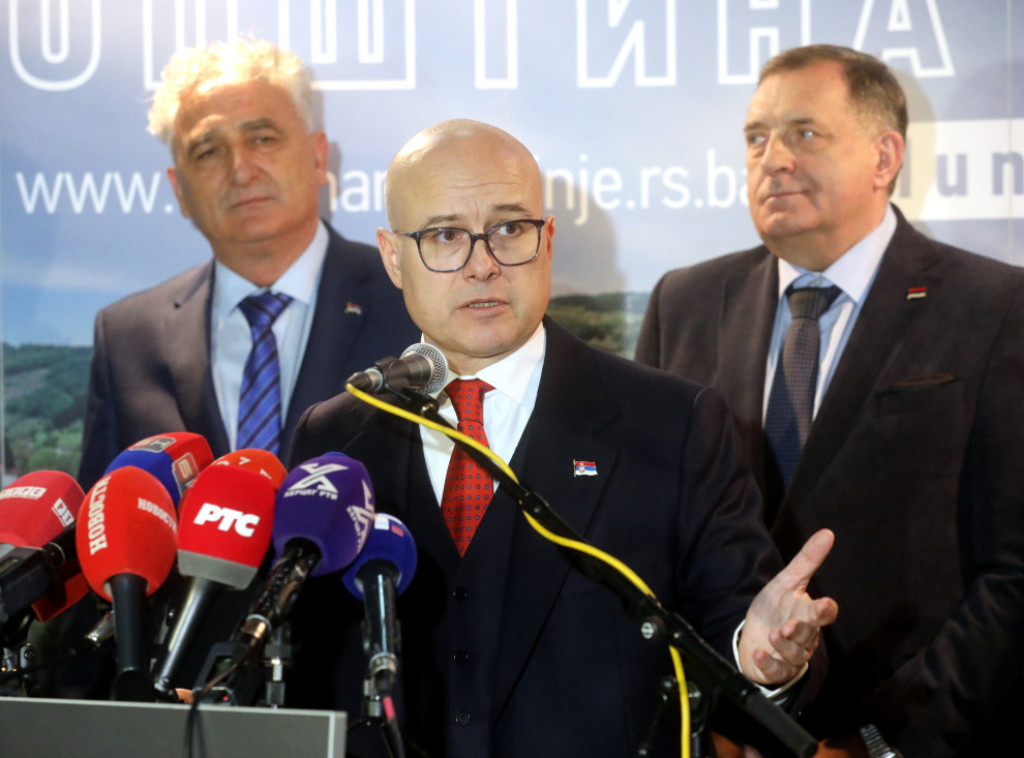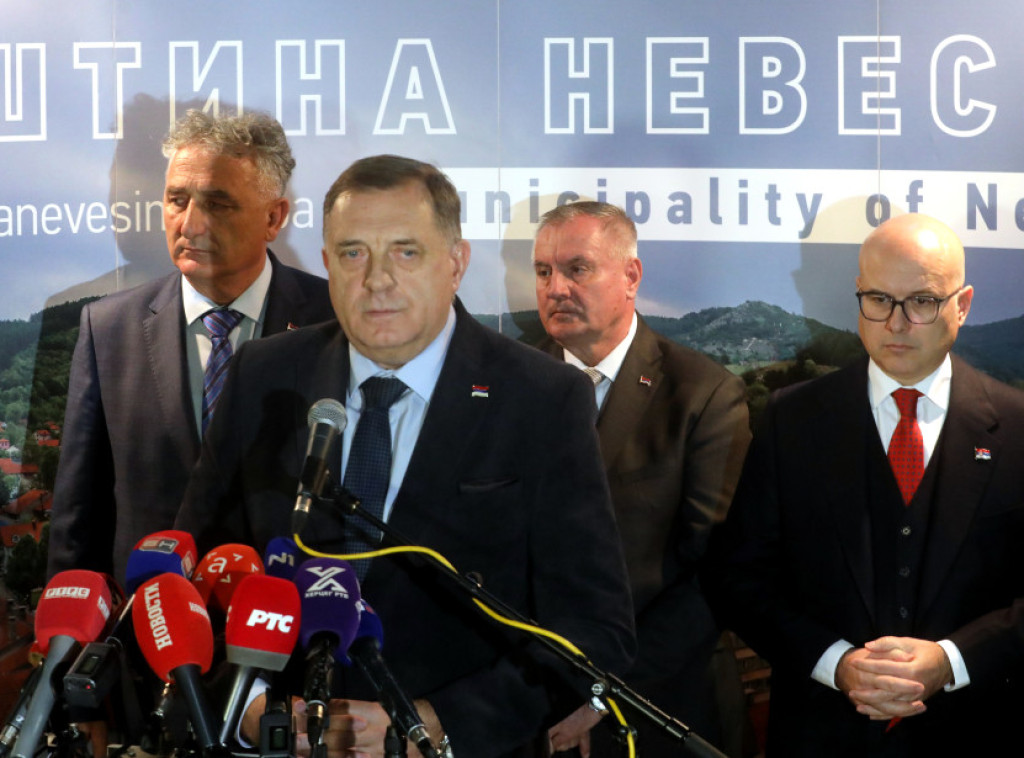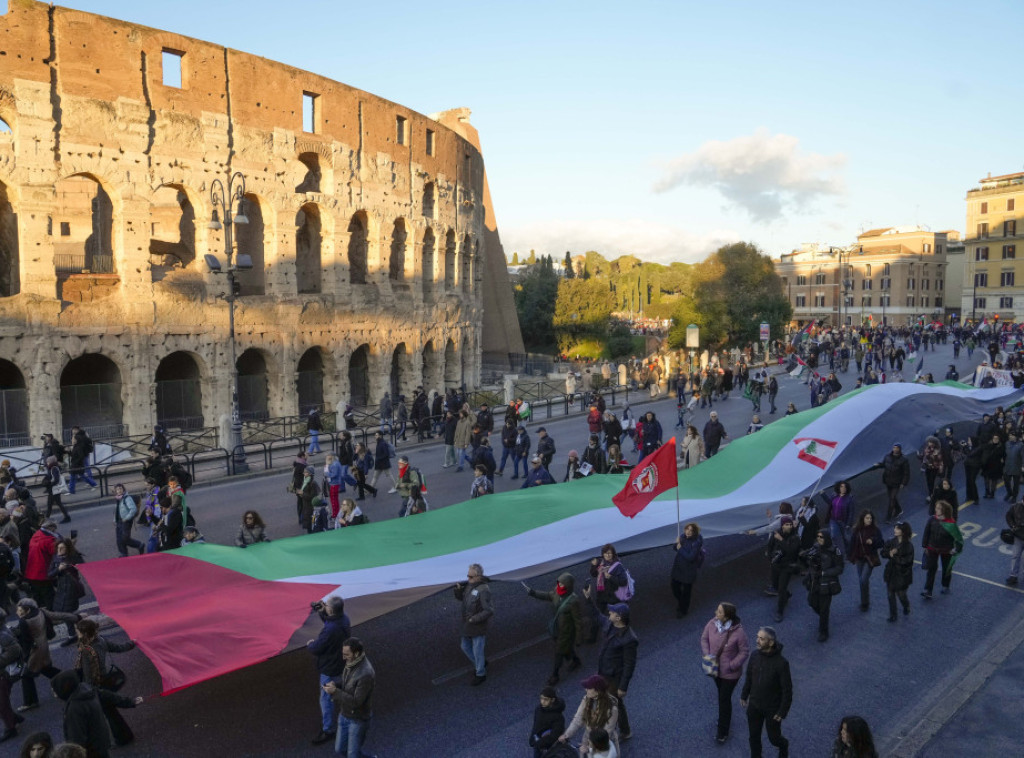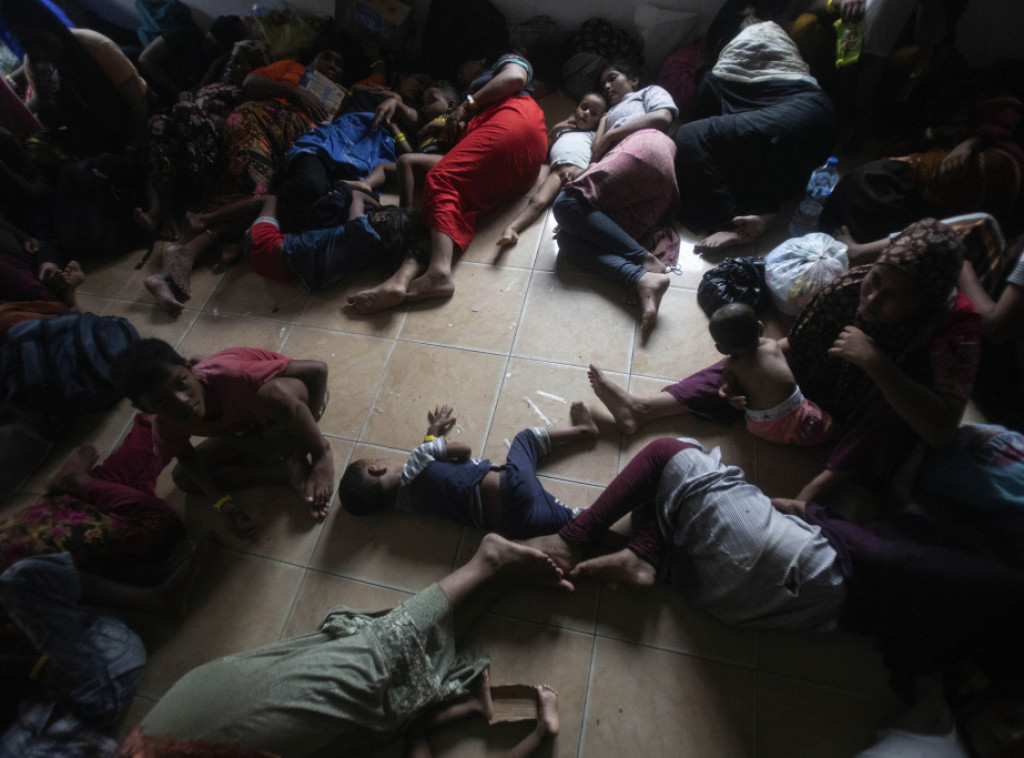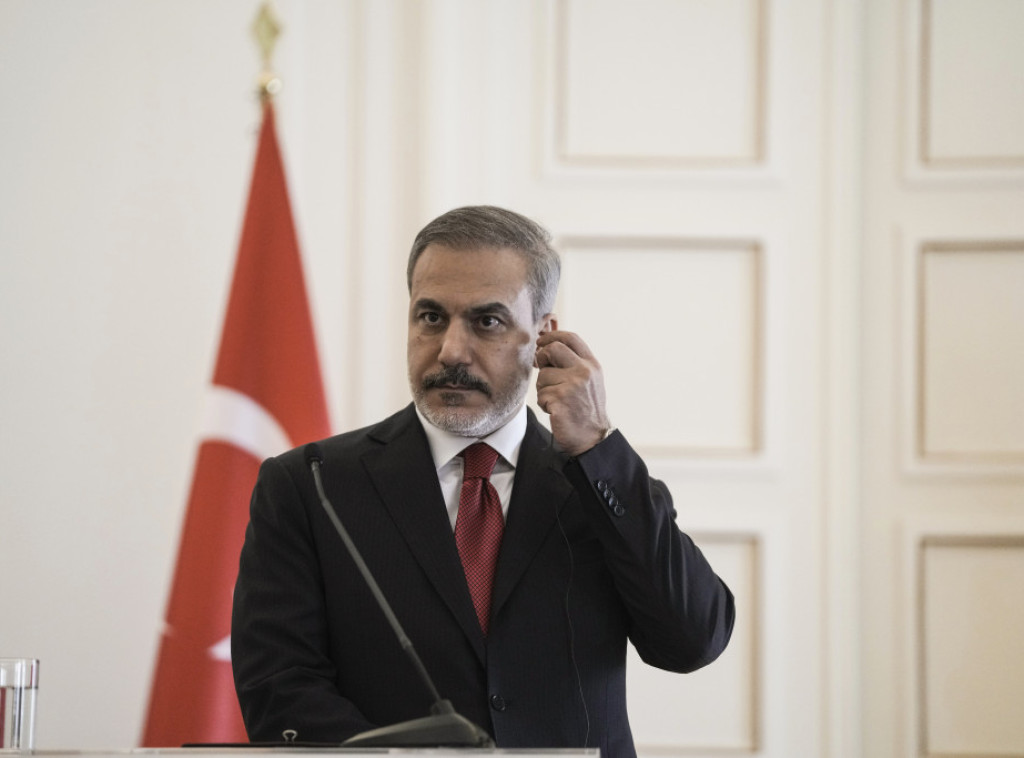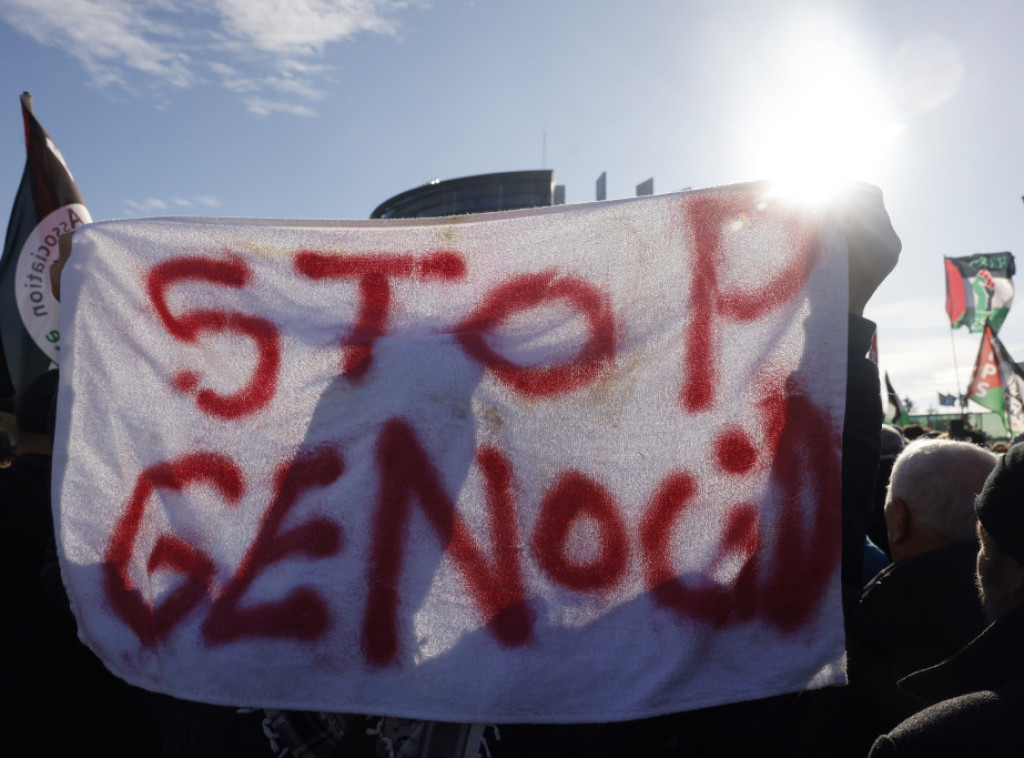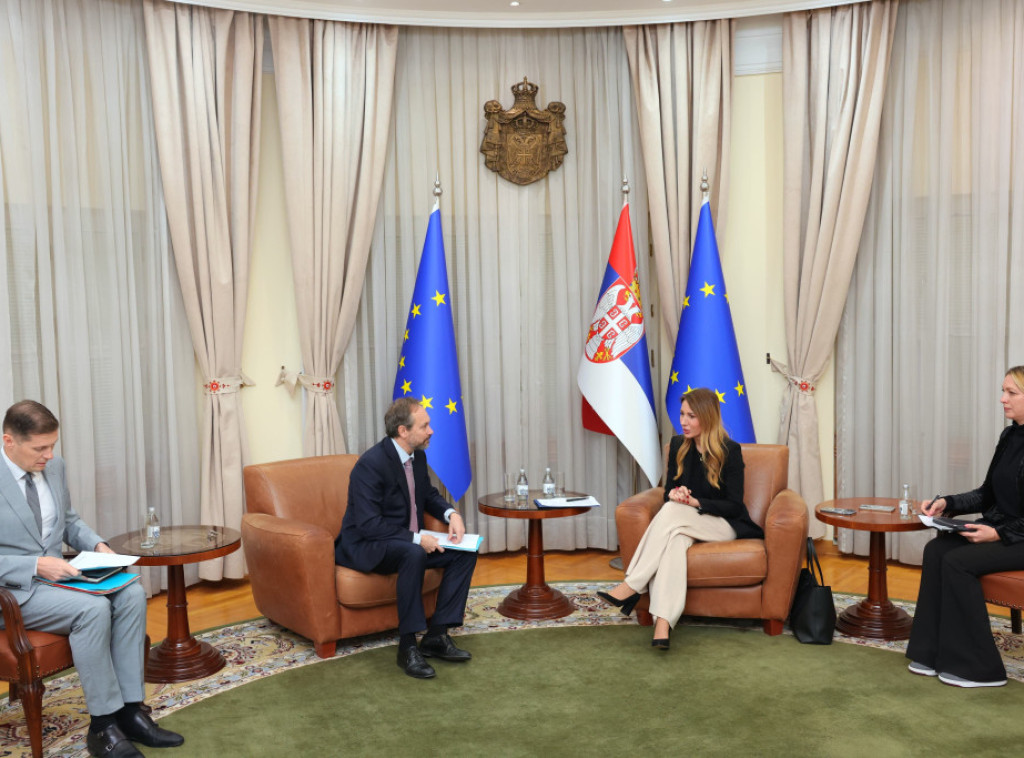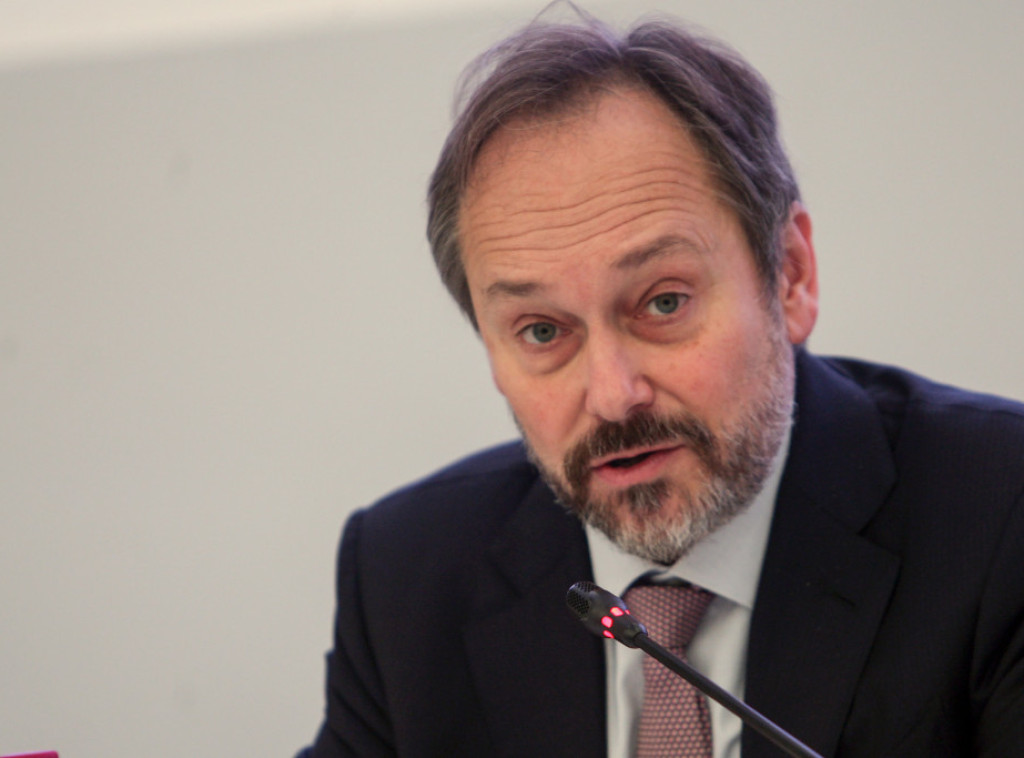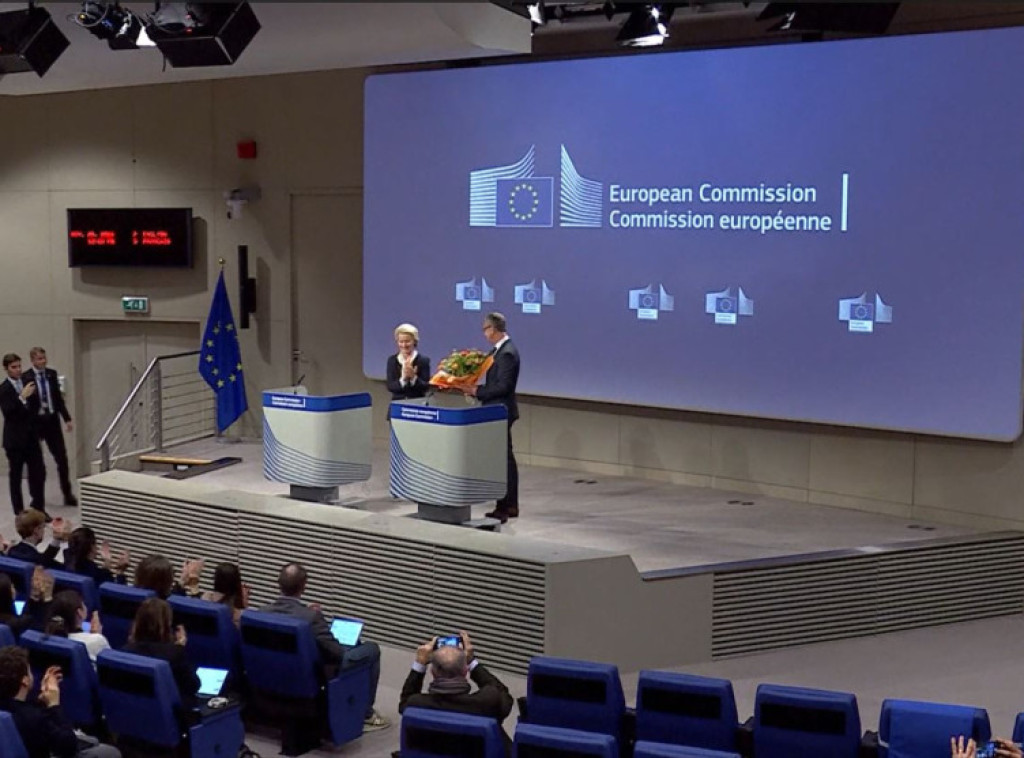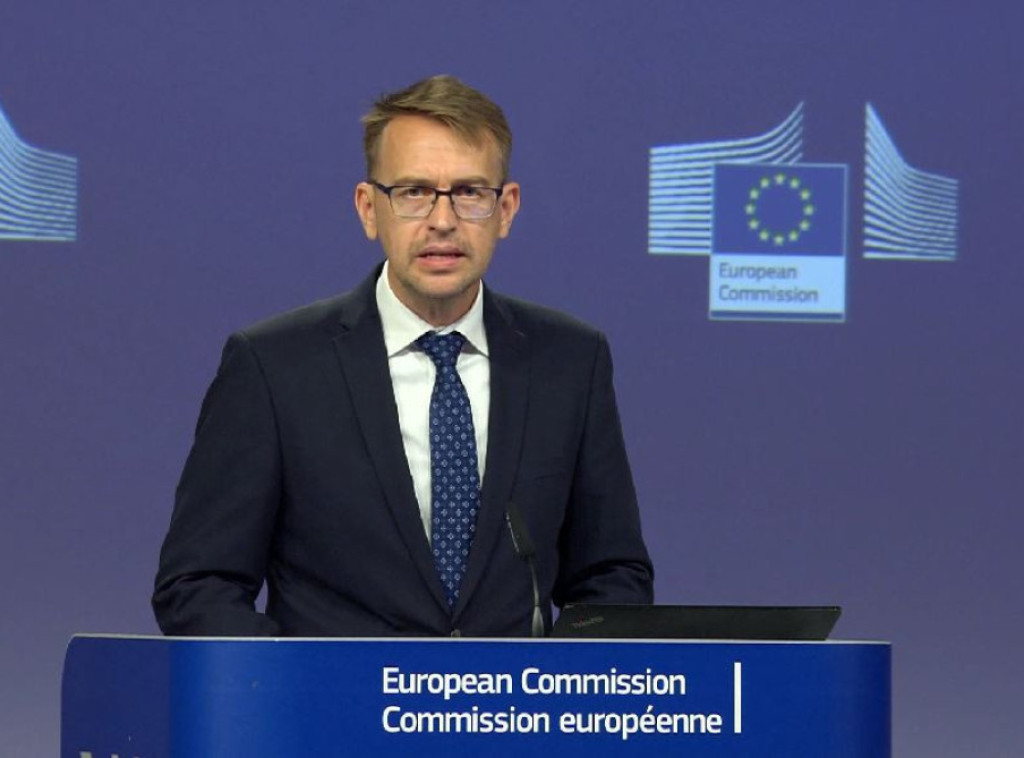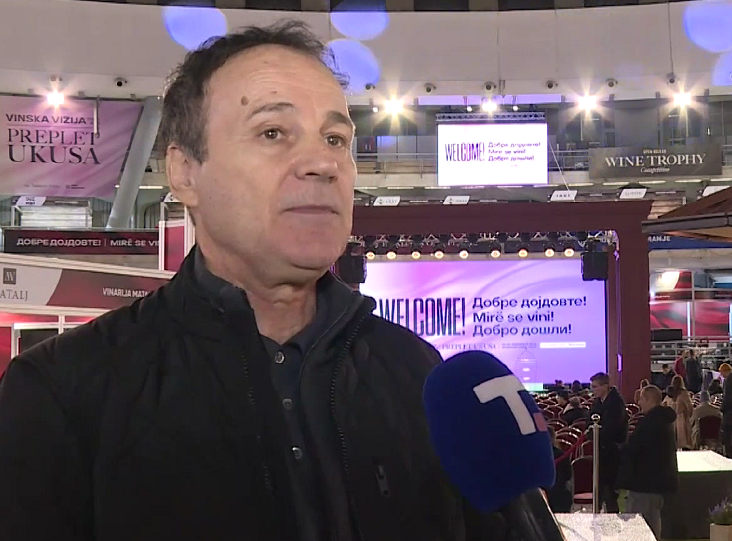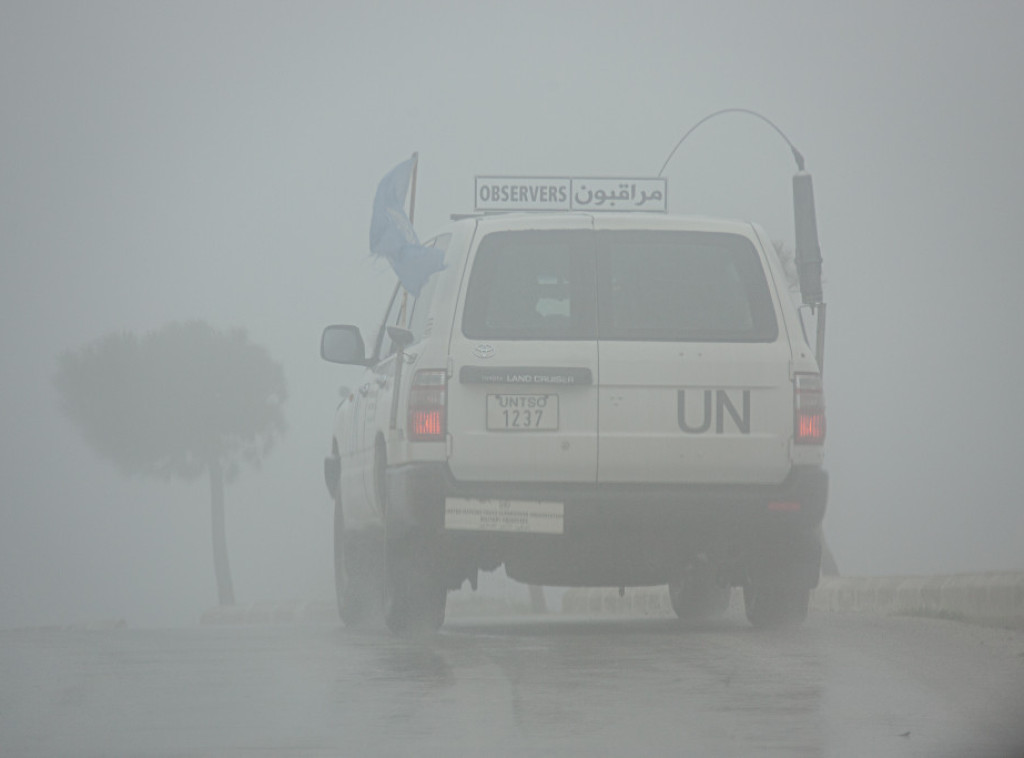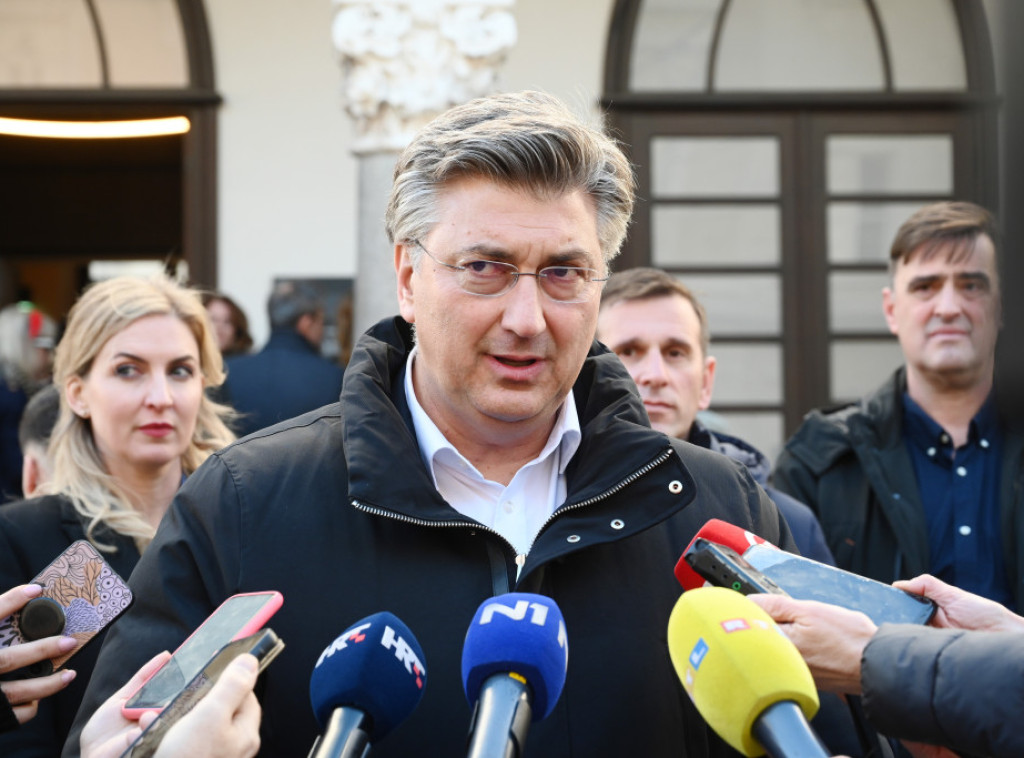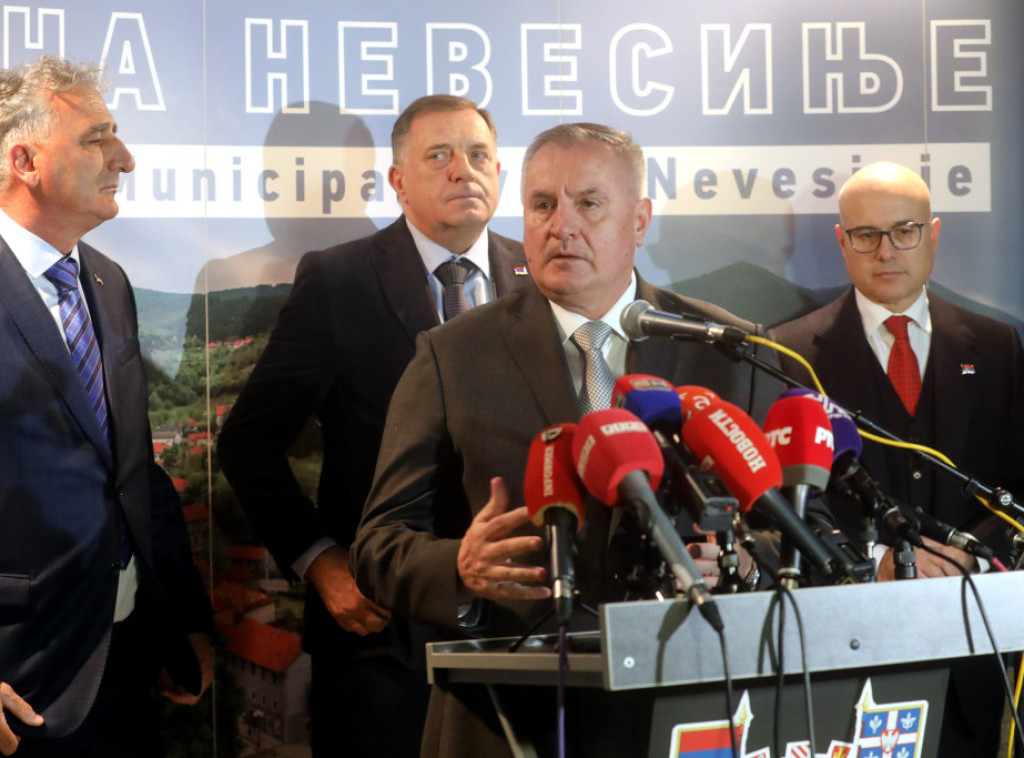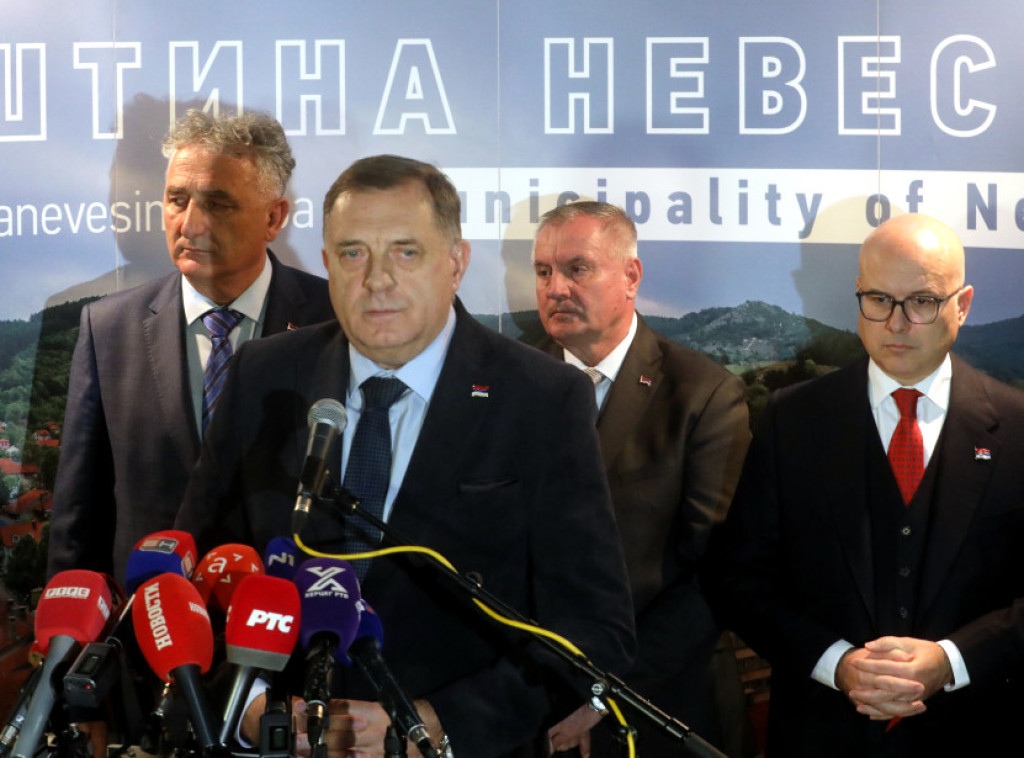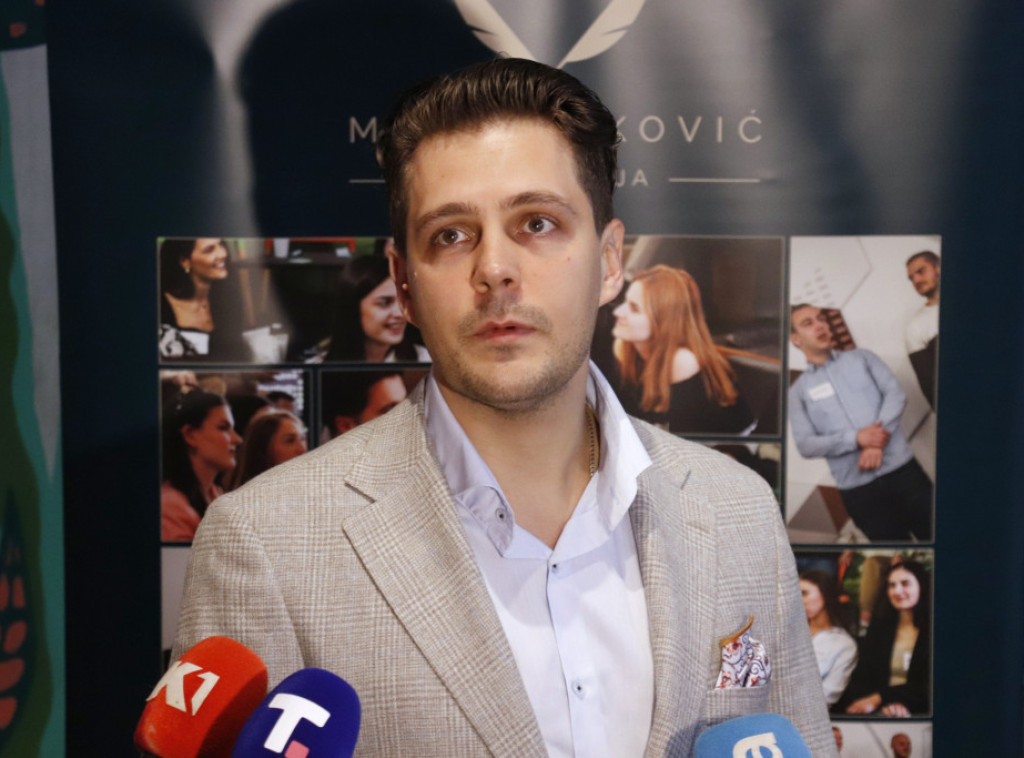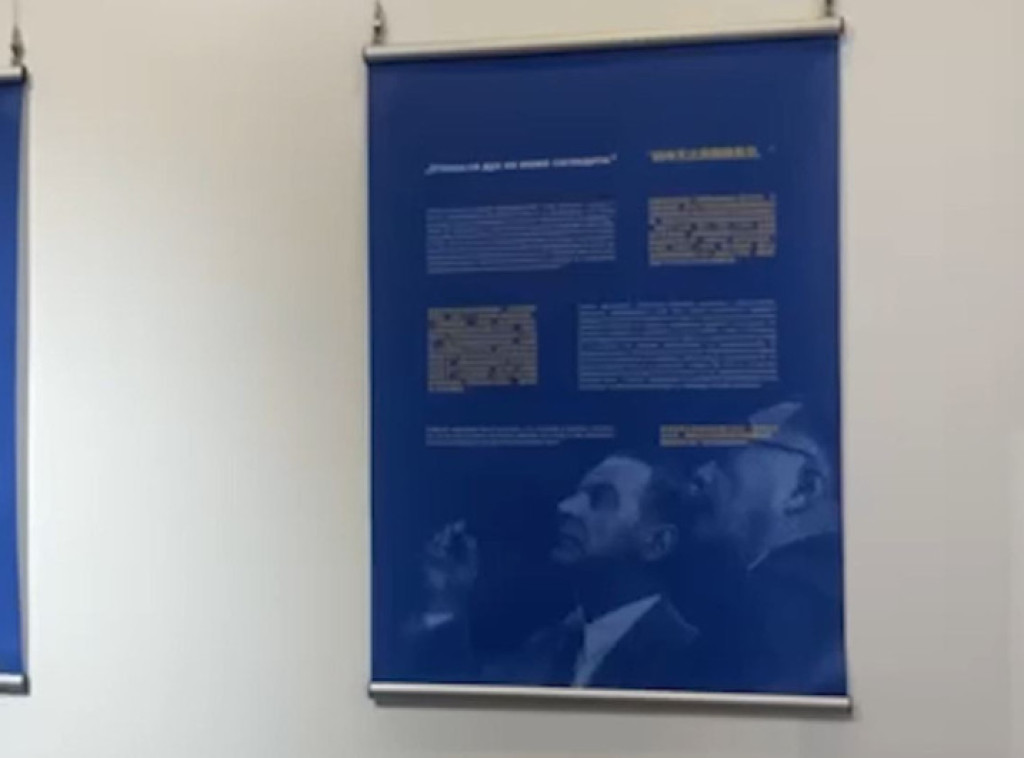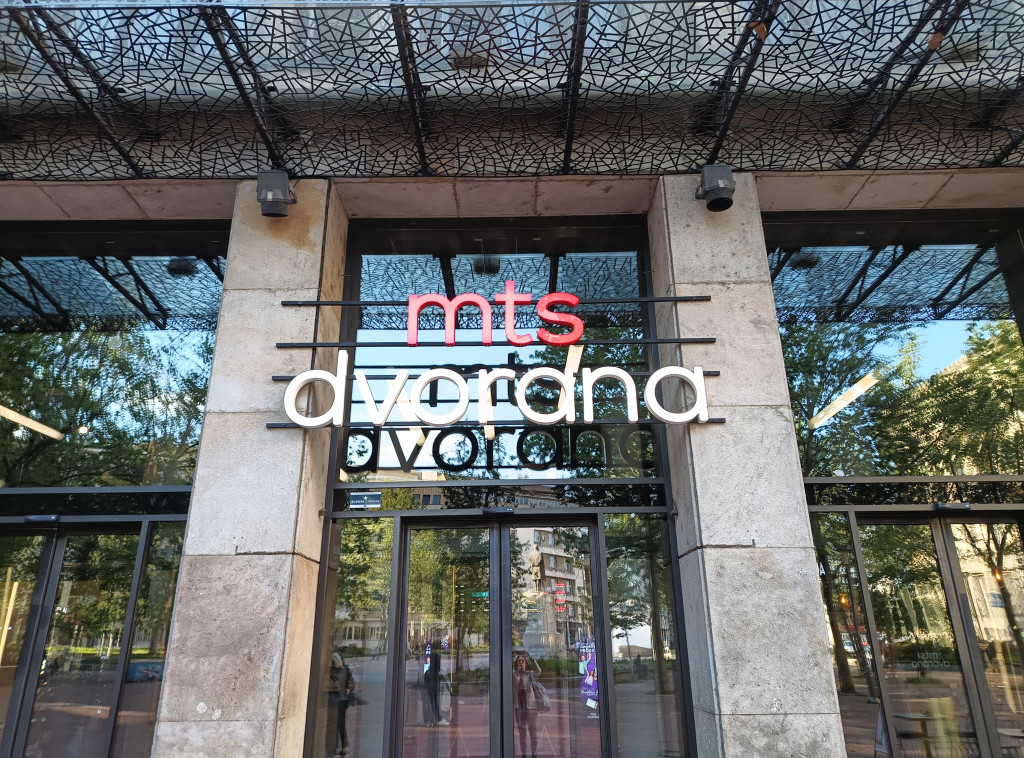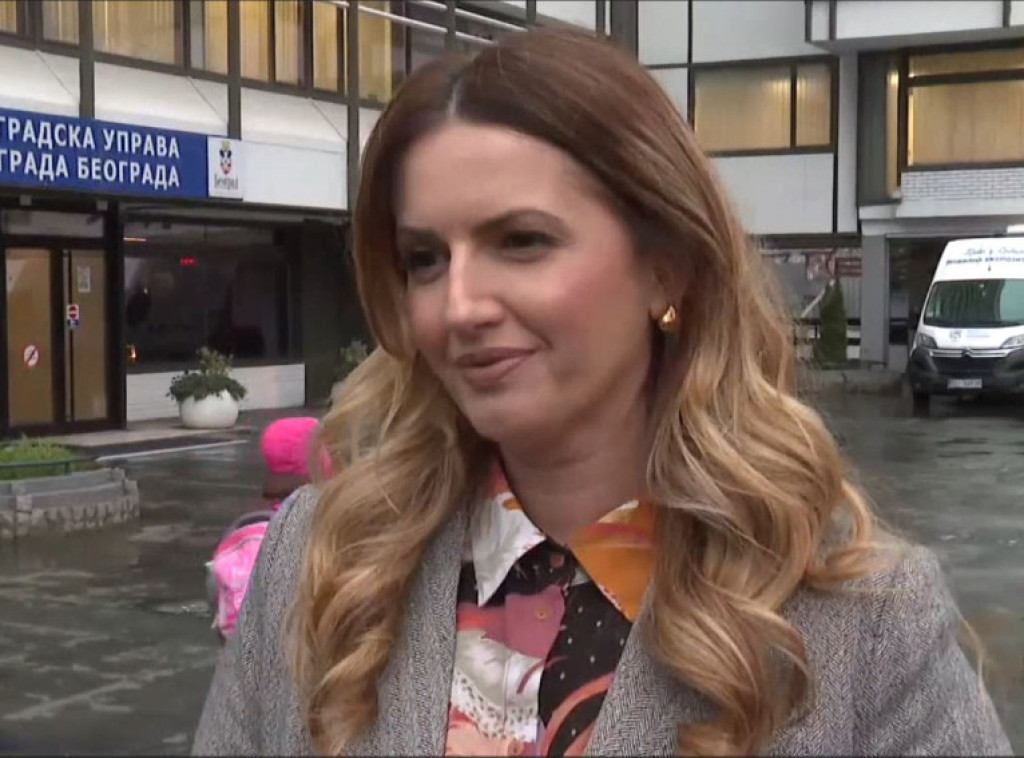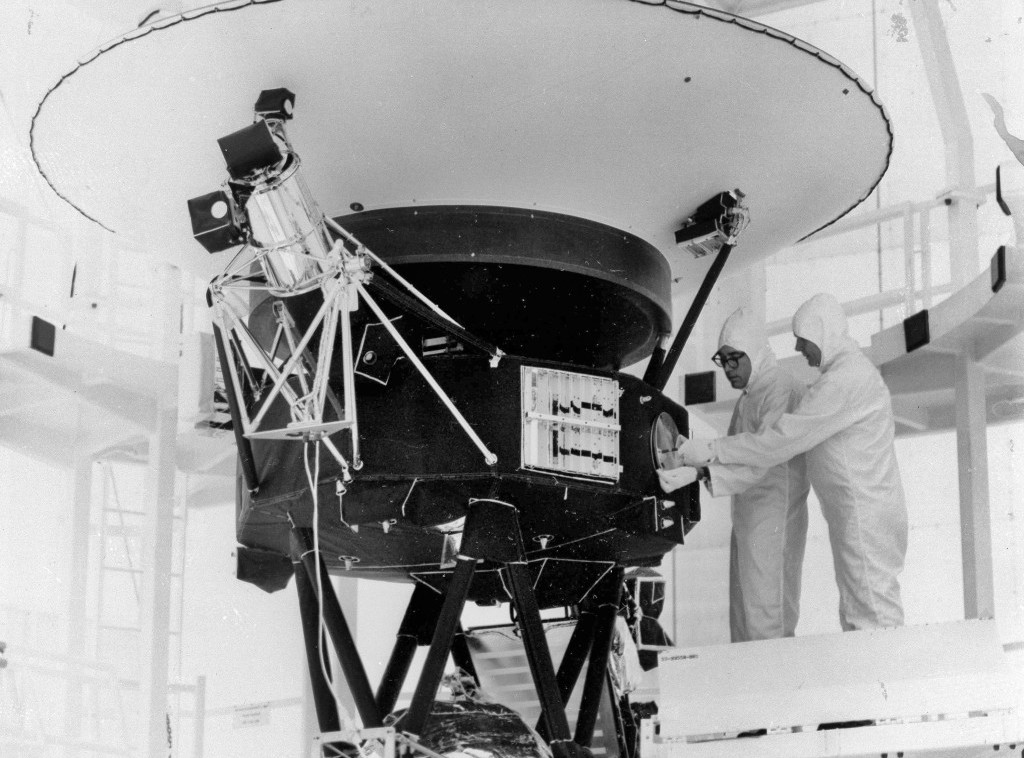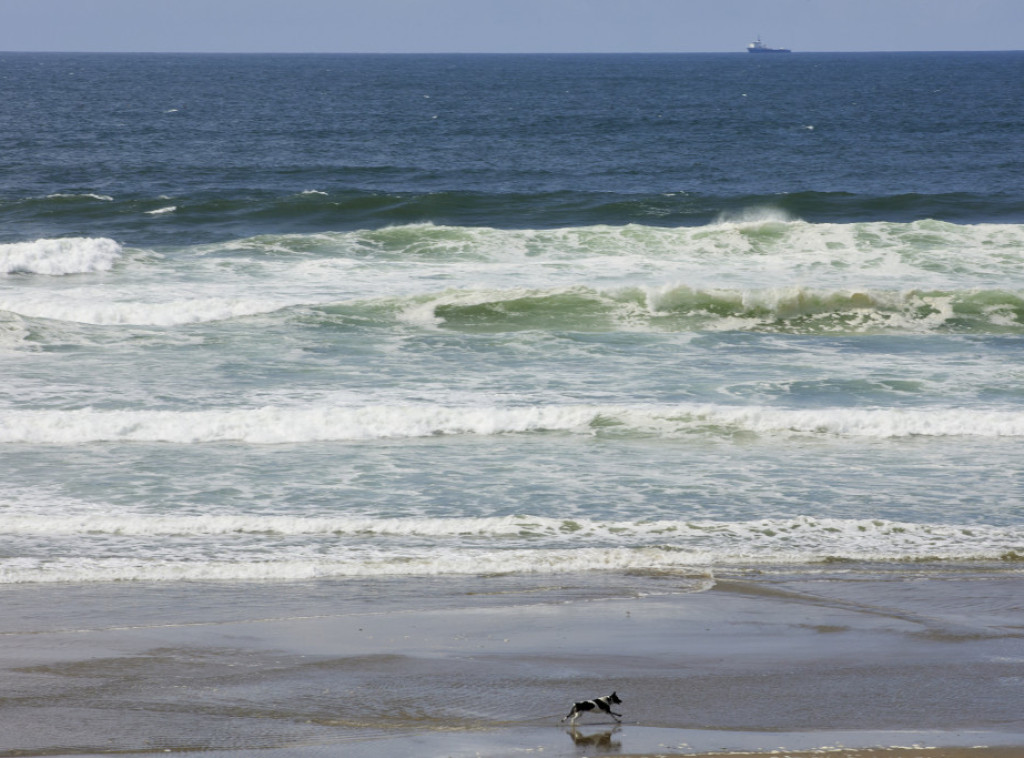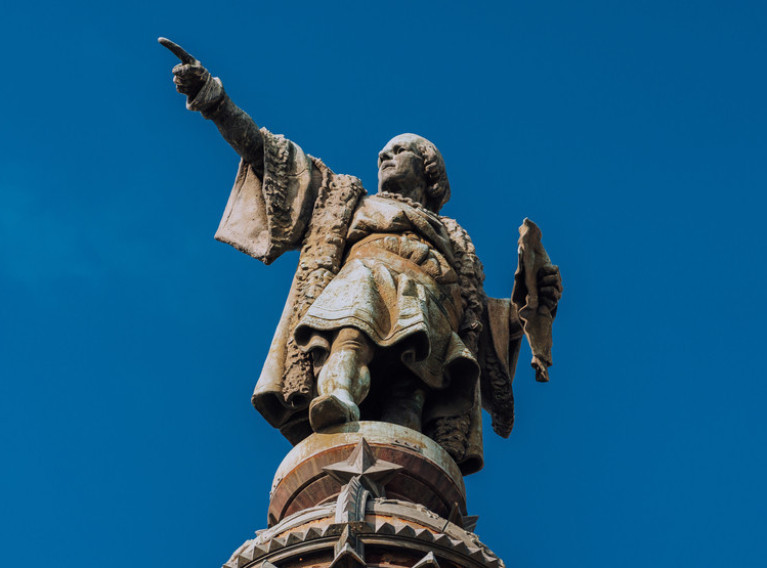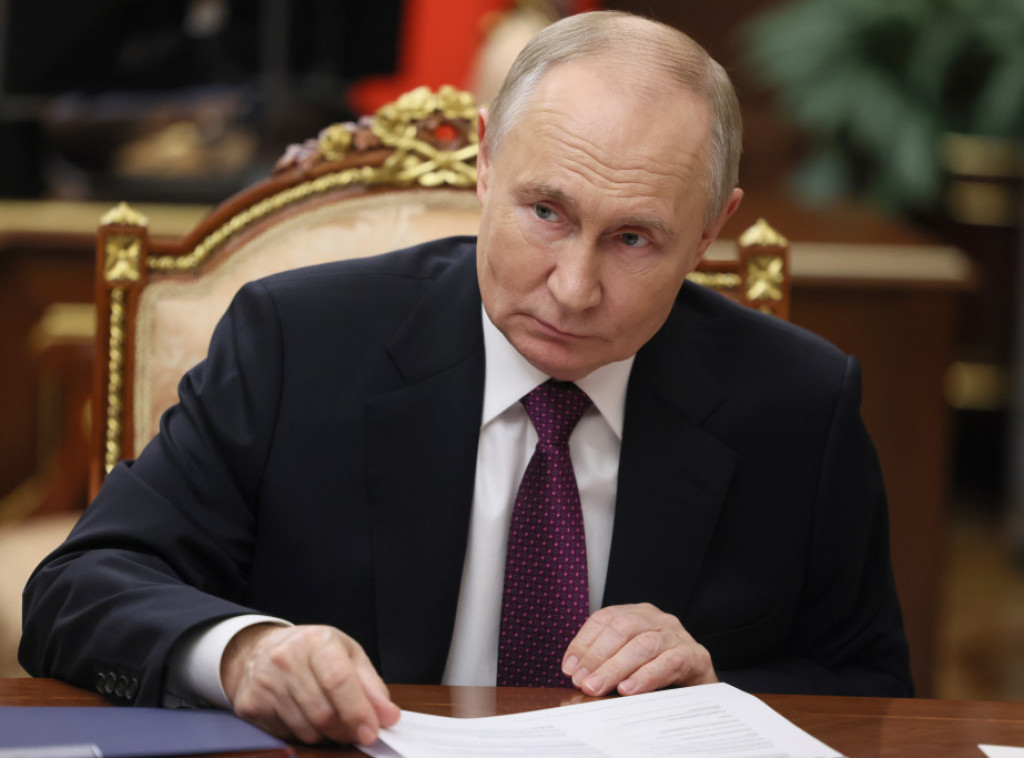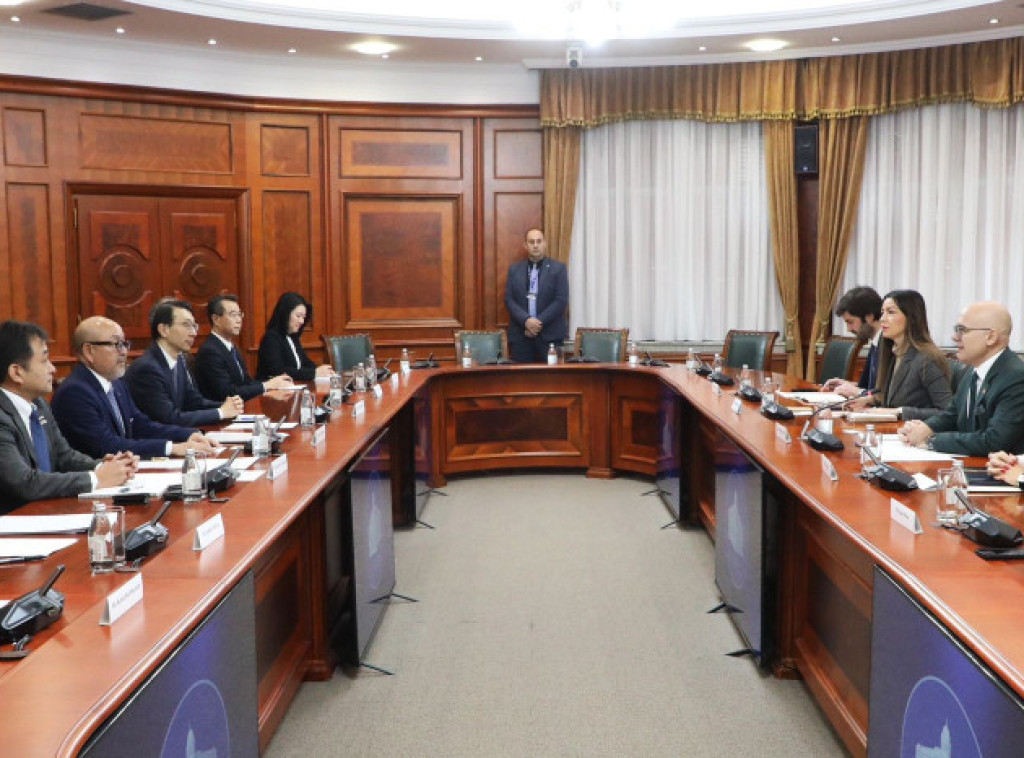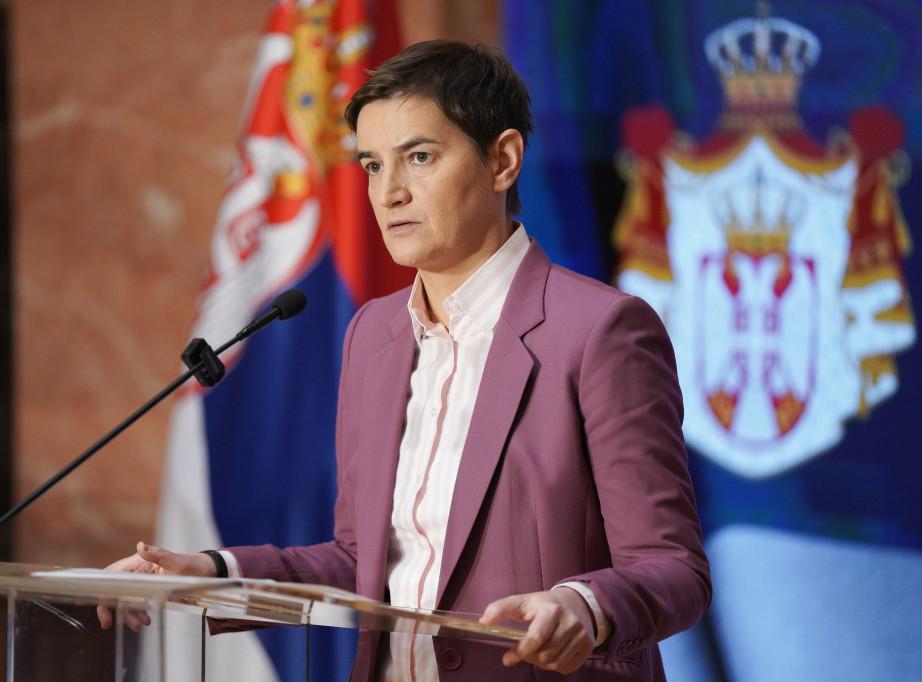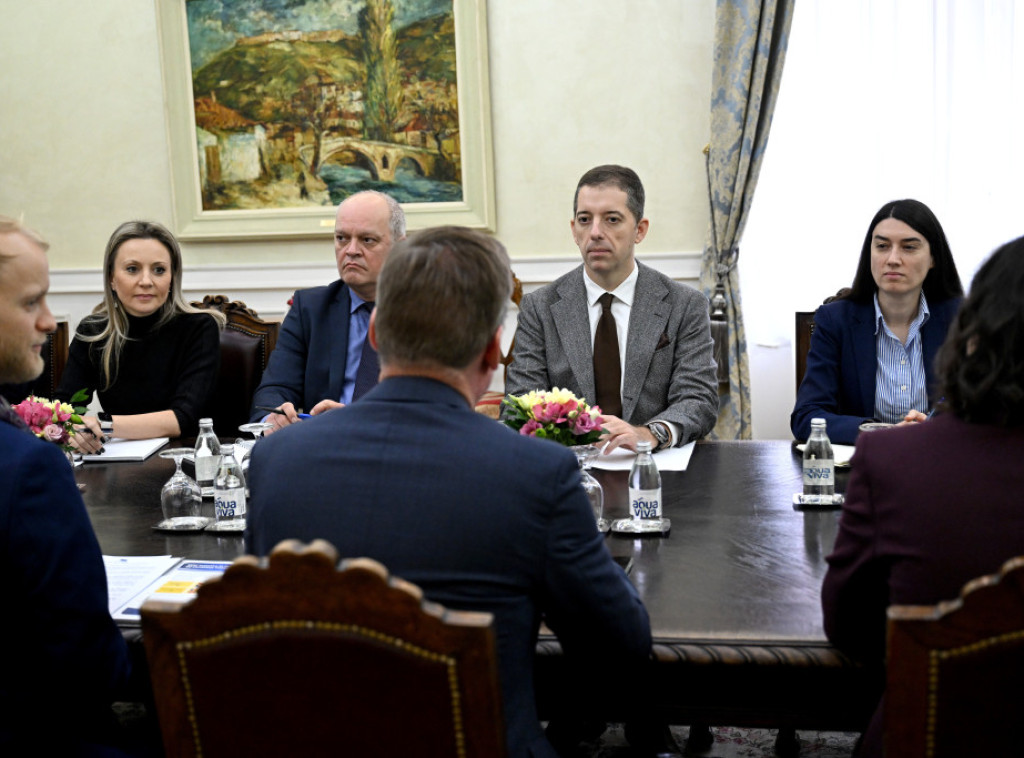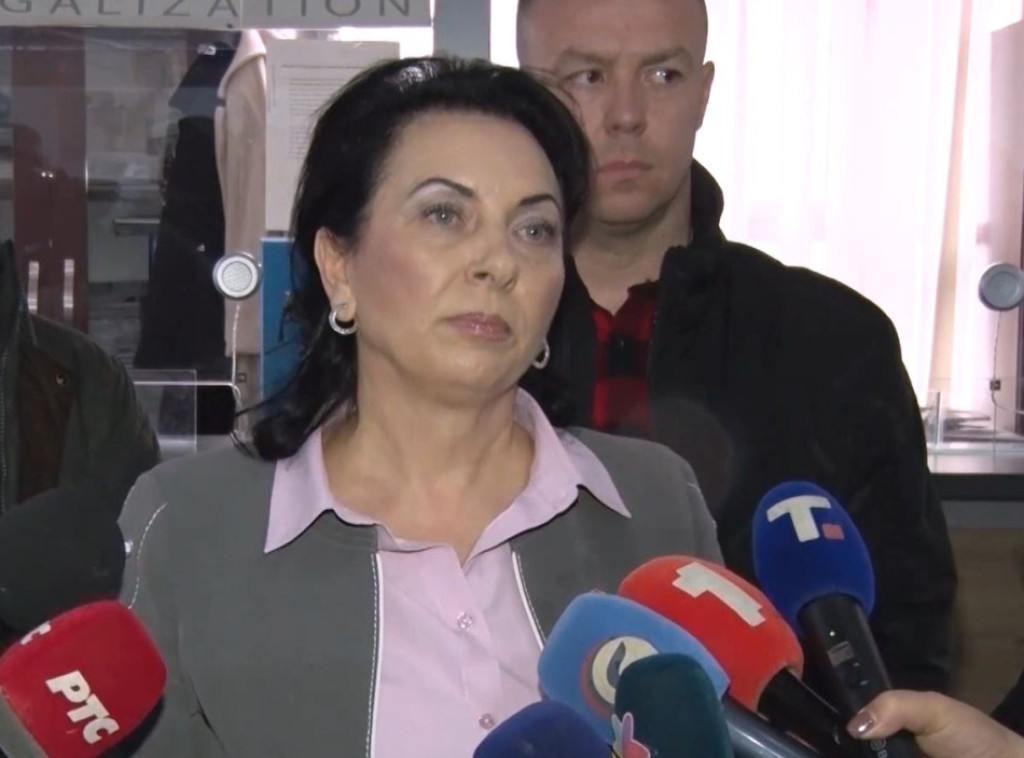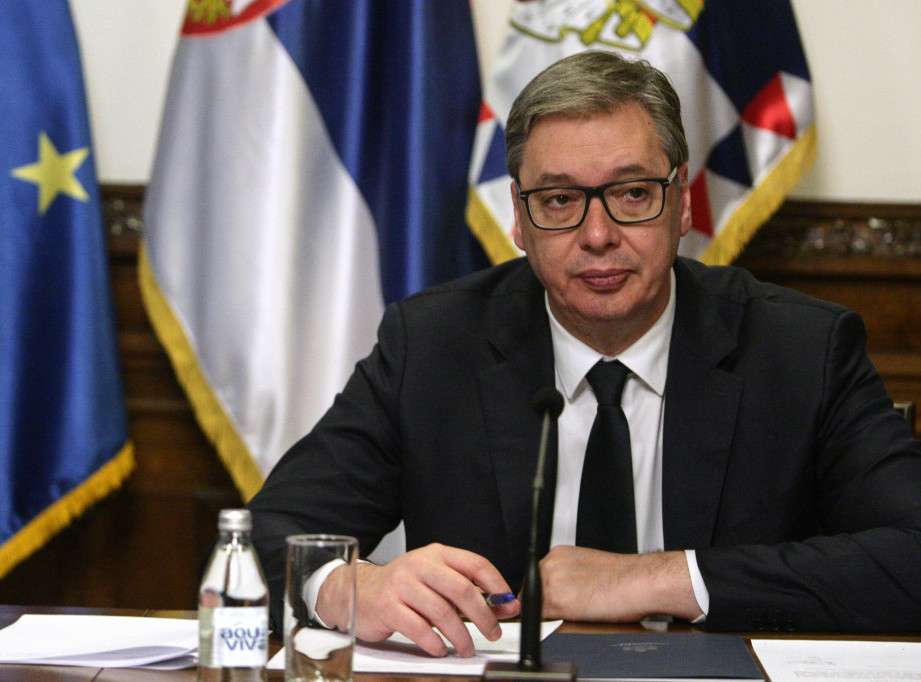
27. februar 2024 15:59
Petkovic: Belgrade demonstrated full commitment, solution at political level a must
podeli vest
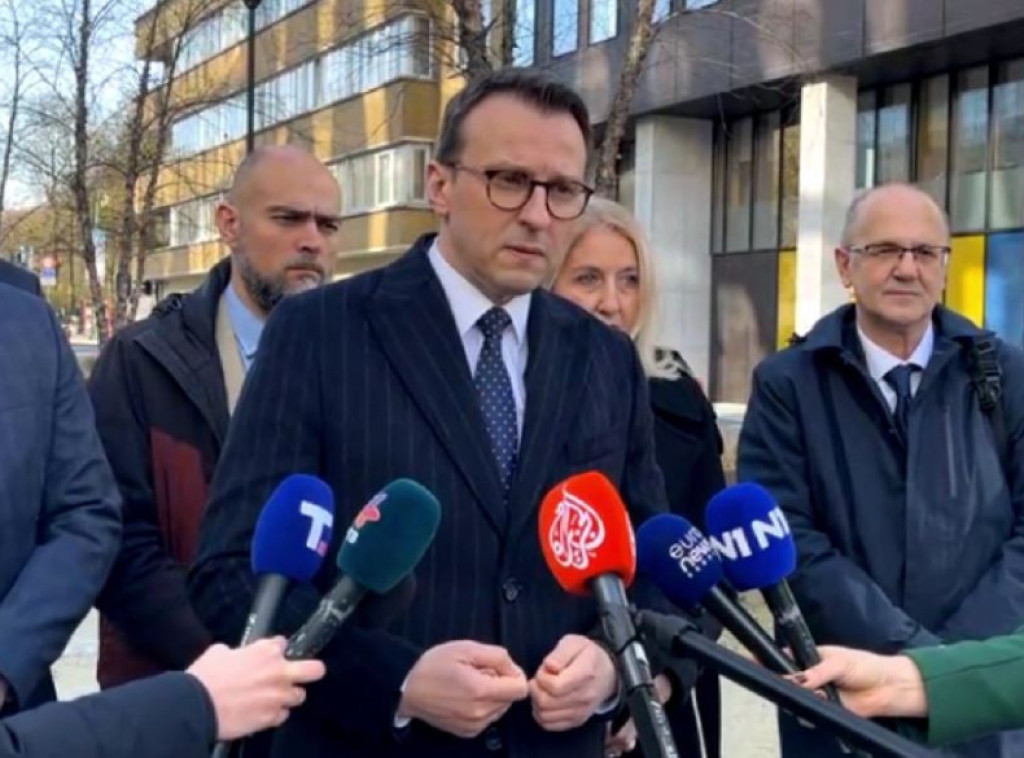
Foto: Tanjug video
BRUSSELS - The head of the Serbian government Office for Kosovo-Metohija Petar Petkovic said in Brussels Belgrade's delegation in Tuesday's round of the dialogue with Pristina had demonstrated full commitment to solve problems and that a solution must be found to ensure dinar payments to Serbs in Kosovo-Metohija.
Speaking to reporters after meetings in Brussels, Petkovic said the discussions had shown a decision on a regulation by the so-called Kosovo central bank that has effectively banned the Serbian dinar implied a solution at political level.
He said that, unlike Pristina's chief negotiator Besnik Bislimi, Belgrade had demonstrated a commitment to solve problems through dialogue, while Pristina's PM Albin Kurti was taking escalatory measures aimed at expelling Serbs from Kosovo-Metohija.
"The meeting showed that the decision by the so-called Kosovo central bank implies a solution at political level. That is why I was here, unlike Bislimi. The consequences of such a decision are political. It is true the dinar had never been discussed in the dialogue until now, but since the decision by the so-called Kosovo central bank is directly impacting the Serbs, of course it will be discussed in Brussels," Petkovic said.
"During the discussion, representatives of the so-called Kosovo central bank said Komercijalna banka has more accounts, which is not true as there are 55,000 accounts at the Postal Savings Bank. That clearly shows there is no real reason for the regulations by the so-called Kosovo central bank and that they do not even know all the details about payment transactions but that this is a purely political decision," Petkovic said.
He also said the Postal Savings Bank must continue to operate in Kosovo-Metohija alongside the Post of Serbia to ensure payments could be made to Serbs living "both south and north of the Ibar River."

